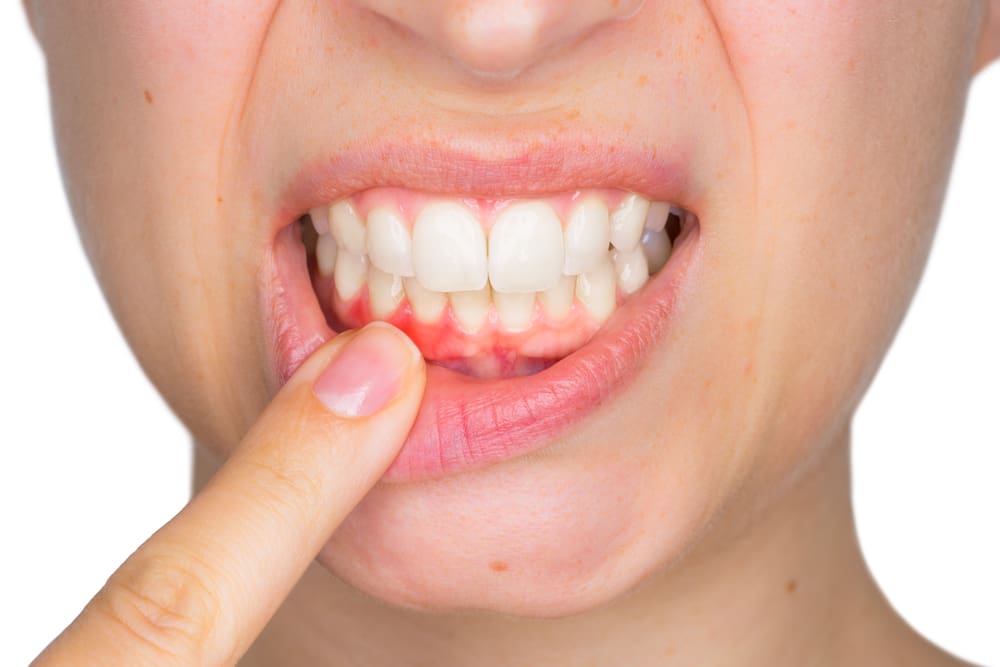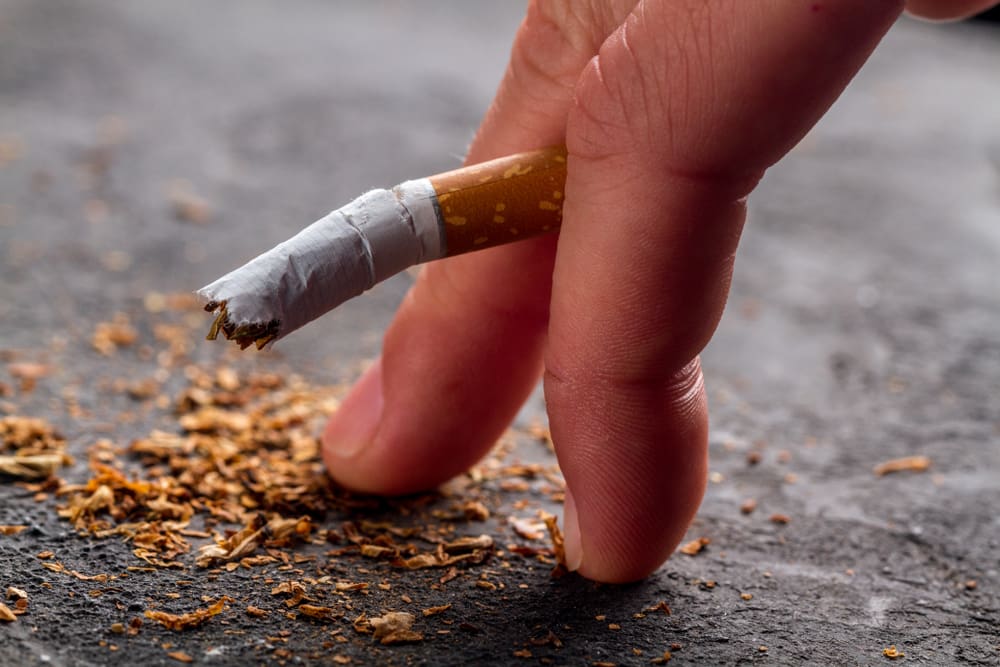Gum pain may seem insignificant to some, but anyone who has suffered from the effects of gum pain knows that it’s no laughing matter. Gum pain and sensitivity are not just painful; they’re also your body’s warning signal to alert you to deeper issues that need to be addressed.
Certainly, gum pain doesn’t occur in a vacuum, and finding the answer to this question can help alleviate your general dental discomfort. If you’re in the throes of pain, you may want the answer to this question: “Why do my gums hurt?” Consider some of the following oral health care tips and common triggers of gum pain.
Brushing and Flossing Are Key
Proper oral care is an absolute must for both the young and old. A holistic approach to your health includes an understanding that your body is intricately connected. By neglecting routine oral care habits, you’ll cause a multitude of other problems in your body.
If you’re wondering why your gums hurt, you should first analyze your brushing routine, which is foundational to optimal oral health. If your brushing routine is deficient, you’ll see a progression of symptoms:
- When you forget, or when you neglect to use the proper brushing form, bacteria will turn into plaque, the filmy residue that sticks to your teeth.
- If plaque is not brushed away, it will eventually harden into tartar. This buildup cannot be cleaned with a toothbrush alone, and must be scraped away by the dentist.
- The buildup of plaque and tartar causes gingivitis, which is an inflammation of the gums. Gingivitis causes sensitivity, bleeding, and overall soreness in the gums, among other things.
How to Avoid Gingivitis

Thankfully, gingivitis is completely preventable when you have a solid routine to care for your teeth and gums. Take this quick oral health inventory to make sure that you’re doing everything you can for your oral health:
- Are you brushing twice a day? Brushing in the morning and the evening is crucial for good oral health.
- Are you brushing for two minutes? Although many people brush twice daily, they often shortchange themselves by limiting their tooth brushing time.
- Are you flossing every day? Remember, it’s recommended that you floss once a day to remove plaque that brushes can’t reach.
- Are you using a fresh toothbrush? When was the last time you replaced your toothbrush? Every three months, you should purchase a new toothbrush. Old, worn bristles are ineffective at providing a proper cleaning.
“Our choice of food and drink is one of the biggest factors in our oral health,”
Poor Food and Drink Choices Can Cause Periodontal Disease
We all understand the link between our diet and overall health. However, have you considered the link between a healthy diet and healthy gums?
“Our choice of food and drink is one of the biggest factors in our oral health,” Dr. Steven DeLisle says. “A diet high in carbs like white bread and crackers turn into a mash of processed sugar when we chew it. To make things even worse, many of us complement it with a sugary soda or juice. The best foods, by comparison, are fibrous plants and stiffer foods like apples that can actually help scrub the teeth clean.”
How do you keep periodontal disease at bay via diet? If you’re tired of asking yourself, “Why do my gums hurt?” then keep these in mind:
- Don’t wait long to brush your teeth after eating. This quick cleaning will help sweep away bacteria that will turn into plaque after mealtime.
- Exercise caution when incorporating acidic or sugary foods in your diet, particularly nutrient-deficient food and drinks like candy and soda.
- Incorporate anti-inflammatory foods into your diet to help reduce gum swelling.
- Increase your intake of Vitamin C and calcium, as both are imperative for healthy teeth and gums.
Tobacco Use Causes Gum Disease

If you’re wondering “why do my gums hurt?” and you’re a tobacco user, the answer should be clear. Tobacco use, whether smoked or chewed, is associated with a myriad of physical illnesses. Of course, two of the most common medical issues that come from tobacco use are gum disease and oral cancer.
If you’re a tobacco user, the answer to helping your gum pain is simple: quit! By kicking the habit, you’ll find a host of wonderful health benefits. Of course, due to the addictive nature of nicotine, it’s not easy to quit. Don’t forget, however, that there are many resources available to help you on your journey, so don’t be discouraged.
Canker Sores Can Cause Your Mouth Pain
Canker sores may be small, but they present a large problem for those who suffer from them. These small ulcers inside the mouth are common, but can be extremely painful. By taking up residence on the tongue, lips, or cheeks, they can be a seemingly never-ending source of pain and discomfort.
Unfortunately, the best course of action when dealing with canker sores is to wait for them to heal. In the meantime, if the pain becomes a distraction, you can use an oral gel that will help lessen the pain until the sore finally disappears. If your canker sores do not heal within two weeks, consider contacting your dentist. They may want to give your mouth a more detailed checkup.
Gum Sensitivity Can Be Reversed
Most of all, don’t neglect your semi-annual trip to the dentist. Cleaning and oral checkups are imperative to everyone’s health. Both children and your elderly family members need to keep up this routine before some of these bad signs show up. Not only will this visit give visitors a thorough cleaning, but your dentist will also alert you to issues that you may need to address. If you’ve been a tobacco user in the past, you’ll also want to have an oral cancer screening to ensure that your mouth is cancer-free.
If you’ve been hounded by chronic gum pain, swelling, or redness, don’t be discouraged. Your symptoms can likely be reversed by making a few lifestyle changes. Don’t suffer through the pain. Take the situation into your own hands!
How have you overcome mouth pain?
Tell us about your pain journey in the comments.
What dental and oral pain topics should we cover?
Email us at info@painresource.com with your ideas.
Are you on Facebook?
Join our online community by clicking here.

